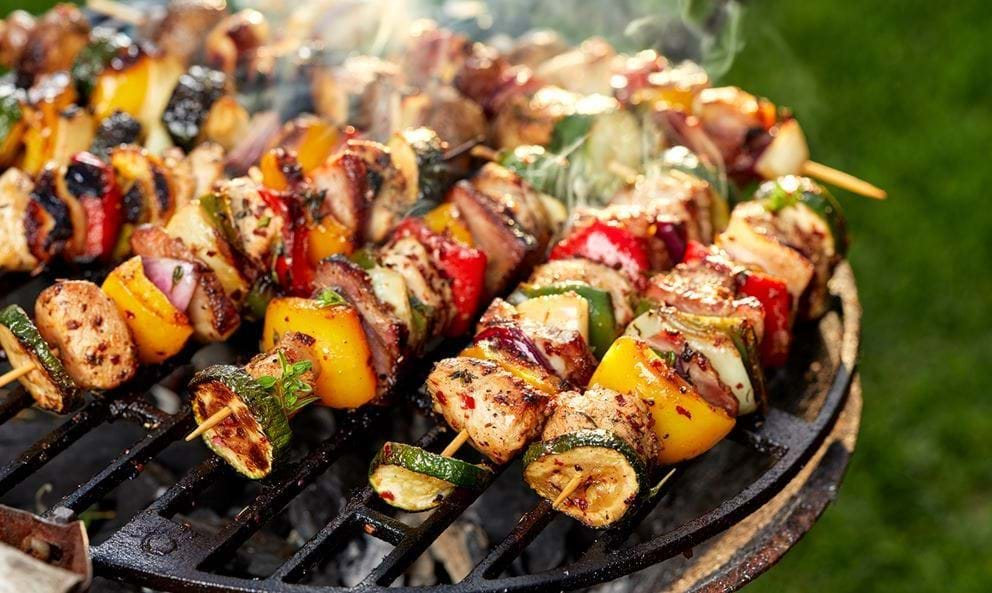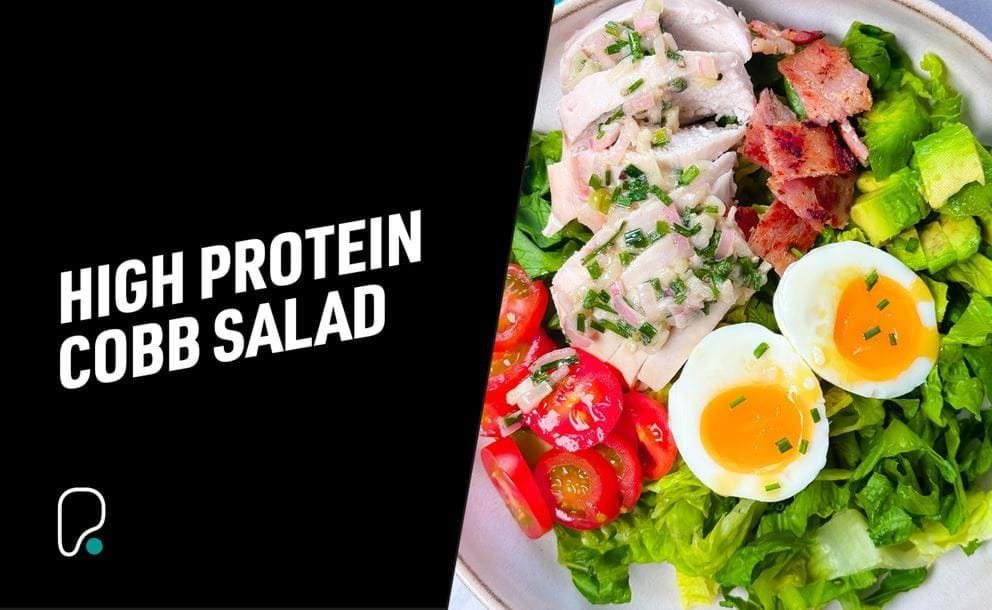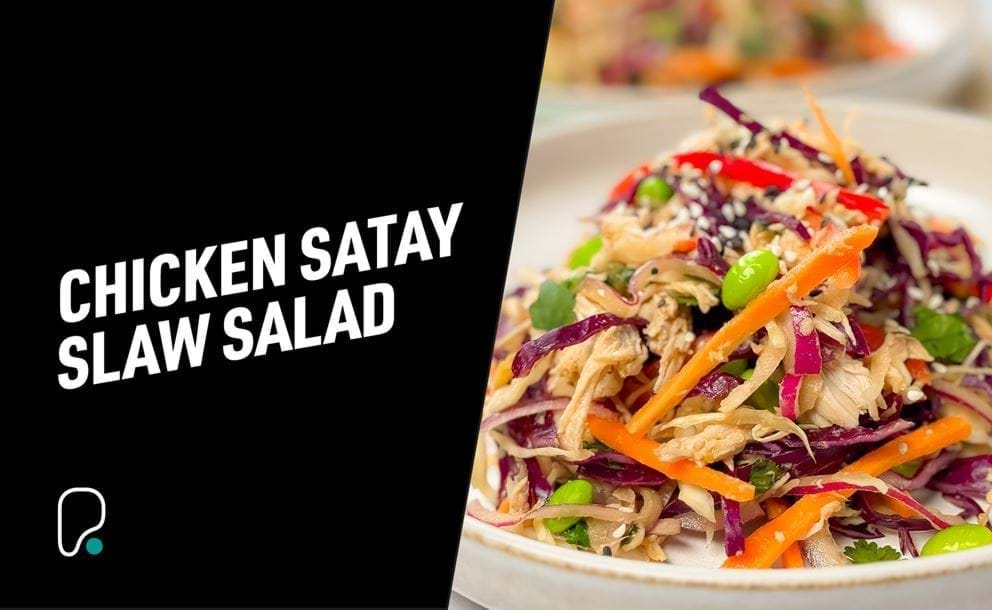Eggs, Cereal or Fruit? Your Guide to the Best Pre-Gym Breakfast
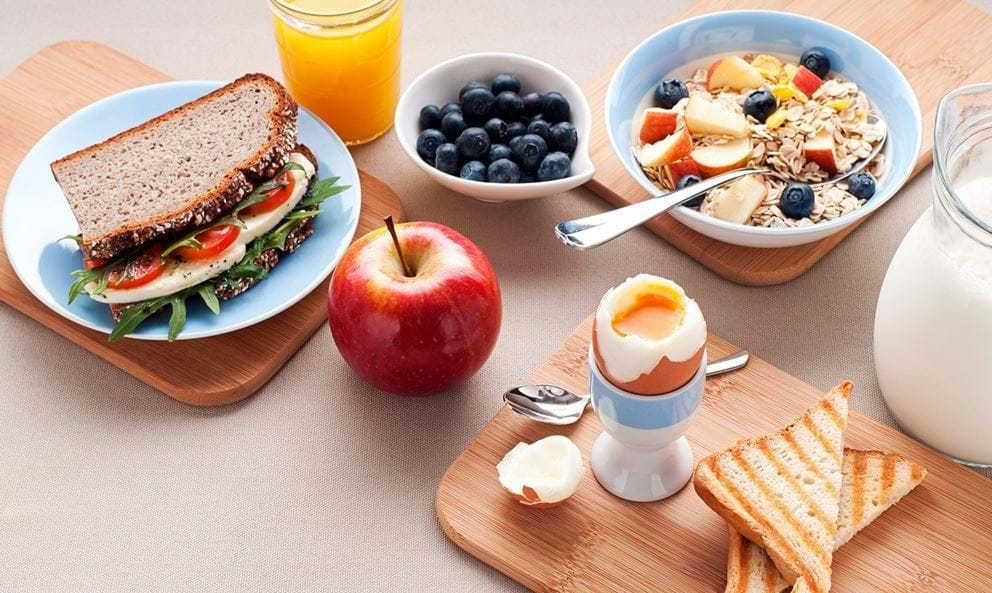
There's a lot to be said about pre-workout meals and nutrient timing. Depending on who you're talking to down at your local gym, you're likely to hear everything from suggestions of fasting, to strict dietary guidelines that declare the only acceptable pre-workout snack is an apple and a single, dry slice of rye toast.
So, if you're a morning trainee in particular, and you're wondering what the ideal pre-workout breakfast looks like, here are some research-backed tips and suggestions to help you chart the right course.
For short and intense workouts, go carb-rich
As you might have heard, short, intense bouts of exercise --- such as sprints --- utilise carbs first and foremost. In fact, researchers have suggested that for short, intense exercise, carbs (in the form of stored glycogen) may be the only fuel source your muscles are capable of using.
The upshot to this is that if you're going to be engaging in a HIIT session, strenuous Crossfit workout, or Muay Thai class first thing in the morning, you'll want to carb-up in order to ensure optimum performance.
Assuming you won't have several hours between breakfast and your workout for a heavy meal to properly digest, taking in some simple sugars in the form of orange juice and white bread with jam may be a great way of boosting your glycogen stores before training.
Eating protein before exercise may boost muscle growth
Protein is, as everyone knows, essential for muscle-building and workout recovery.
There is a healthy and active debate on all sides about just how much protein you really need to eat in order to enjoy optimal strength and muscle gain, but whatever the amount you settle on, including some protein in your pre-workout meal seems to be a great idea.
At least one 2007 study found that ingesting whey protein, either before or after a workout, significantly boosted muscle protein synthesis -- i.e. muscle building.
Eating fat before a workout will slow digestion
It's worth keeping in mind, especially when you're looking for a quick sugar spike from high GI carbs, that including fat in your meal will slow your digestion.
A 2006 study, investigating the effects of fat on stomach-emptying and hormone responses, found that dietary fat slowed the aforementioned processes significantly.
This fact can be used to your benefit in a couple of different ways. On the one hand, if you have your meal a few hours before hitting the gym and don't want to feel hungry, adding a high fat component may help. On the other hand, if you're rushing out the door and need to fuel up in a hurry, best to skip the fat altogether and stick to simple sugars.
Pre-workout breakfast examples
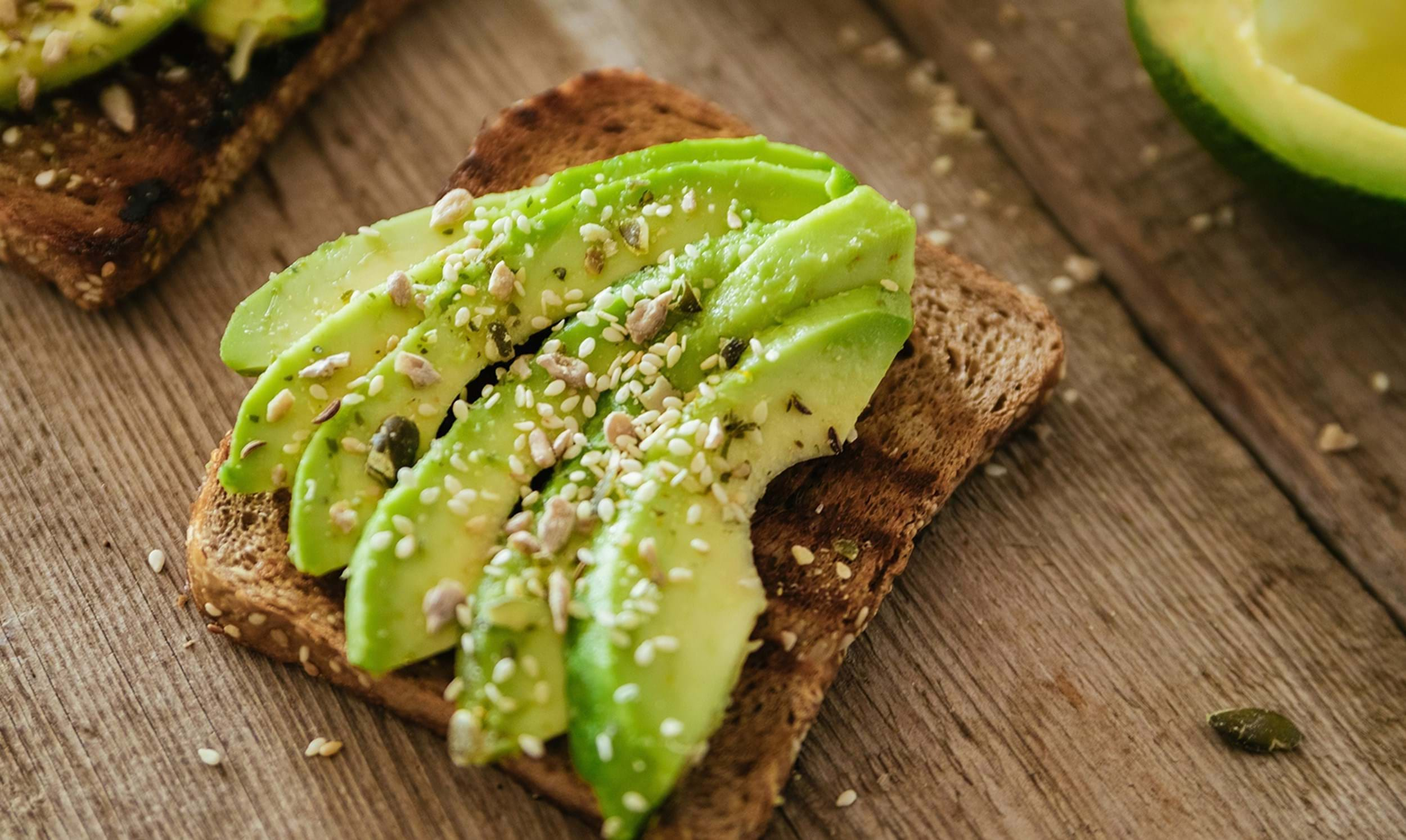
Avocado on wholewheat toast
Avocado on toast is a great vegetarian and vegan-friendly option that'll keep you feeling satisfied for a good while.
Macronutrients
Calories: 160
Protein: 2g
Fat: 14.7g
Carbs: 8.5g
Calories: 252
Protein: 12.5g
Fat: 3.5g
Carbs: 42.7g
Bananas
Bananas are a filling, fast-digesting simple carb source, and can be the perfect pre-workout snack under the right conditions.
Macronutrients
Calories: 89
Protein: 1g
Fat: 0.3g
Carbs: 23g
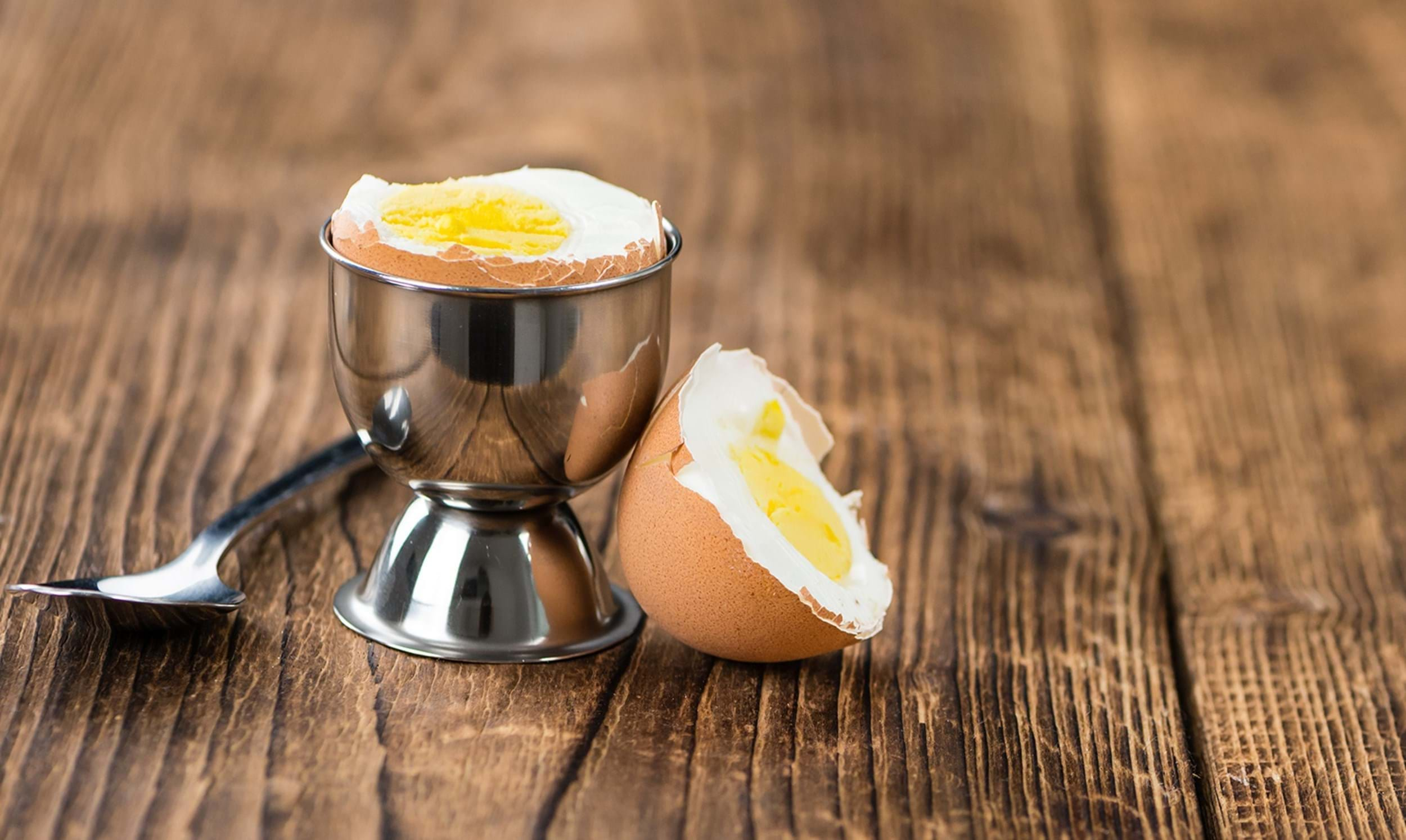
Boiled eggs
Eggs are a protein and nutrient powerhouse, and also one of the most popular traditional breakfast foods. Boiled eggs are easy to prepare, easy to transport, and easy to eat.
Macronutrients
Calories: 155
Protein: 12.6g
Fat: 10.6g
Carbs: 1g
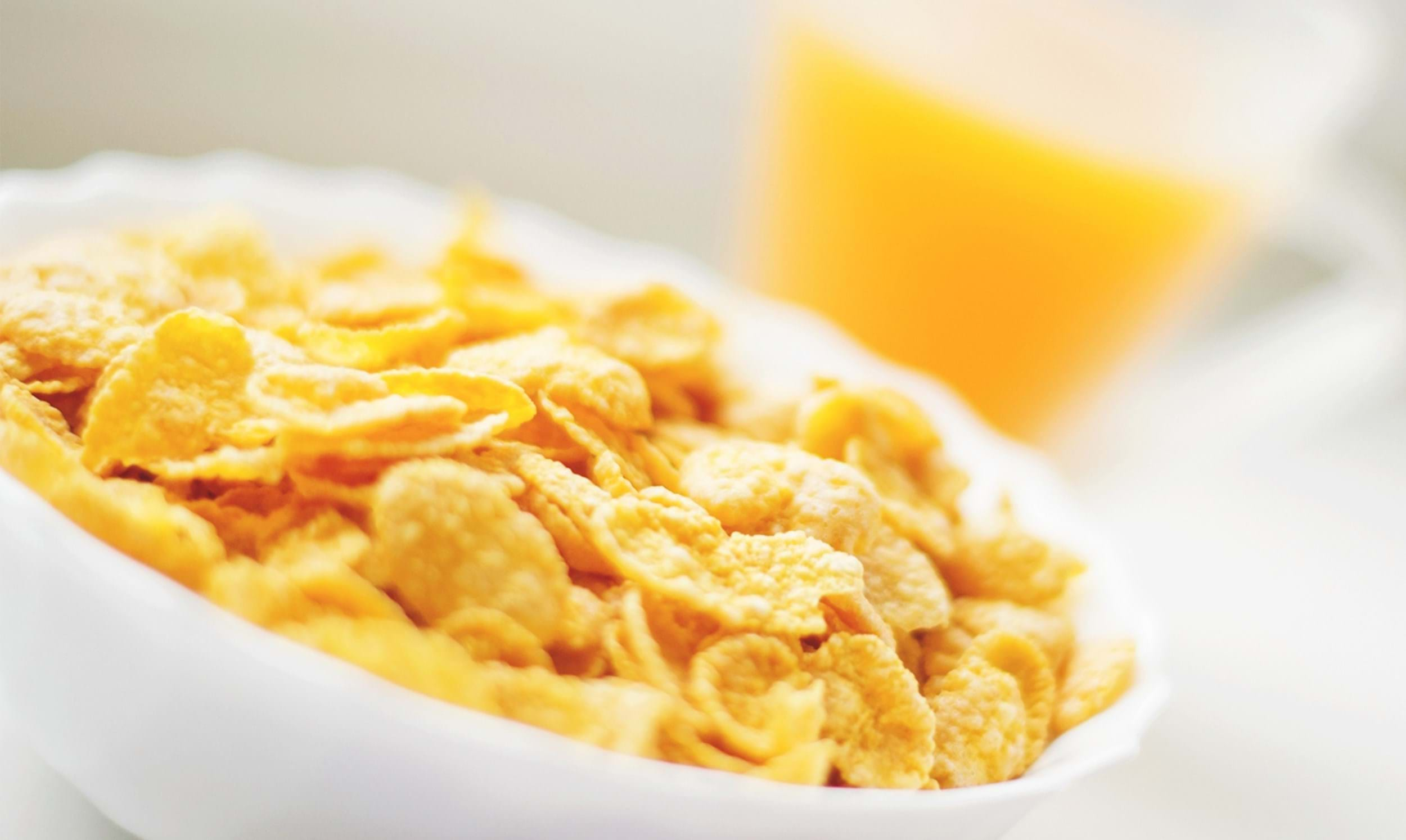
Cornflakes (dry)
Cornflakes remain one of the most popular breakfast cereals and provide a convenient carb source that can be eaten dry, with milk, or with added sugar or syrup.
Macronutrients
Calories: 100
Protein: 2g
Fat: 0g
Carbs: 24g
Weetabix (with whole milk)
Weetabix is a fibre and carb-rich breakfast cereal, generally soaked in milk to form an instant porridge. Weetabix is also sometimes eaten with yoghurt, honey, sugar and other toppings.
Macronutrients
100g Weetabix
Calories: 362
Protein: 12g
Fat: 2g
Carbs: 69g
100ml whole milk (1% fat)
Calories: 42
Protein: 3.4g
Fat: 1g
Carbs: 5g
